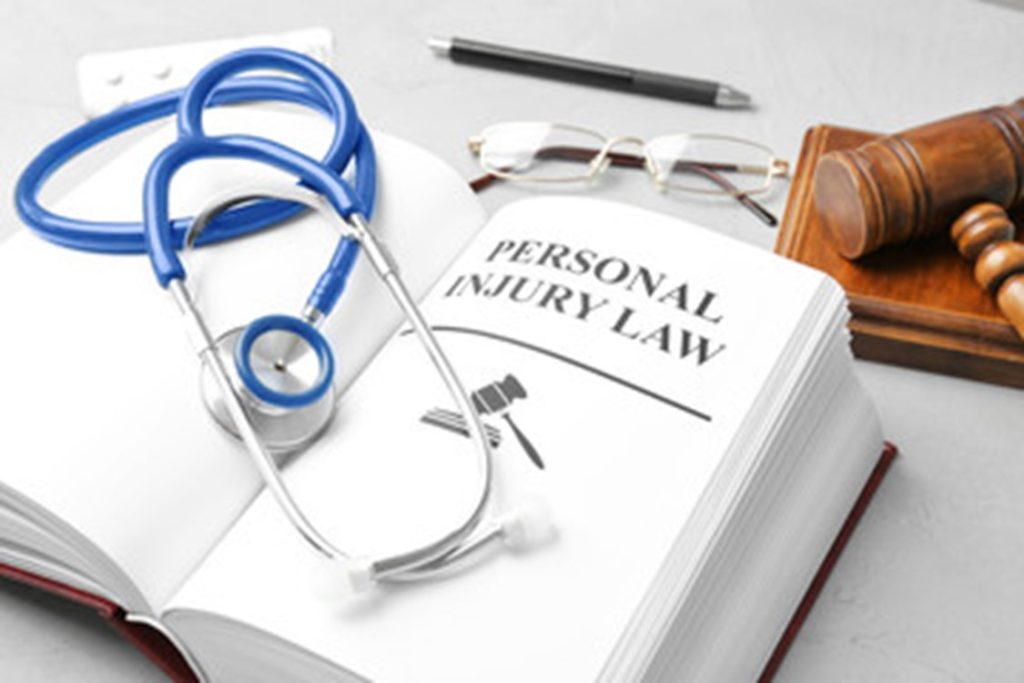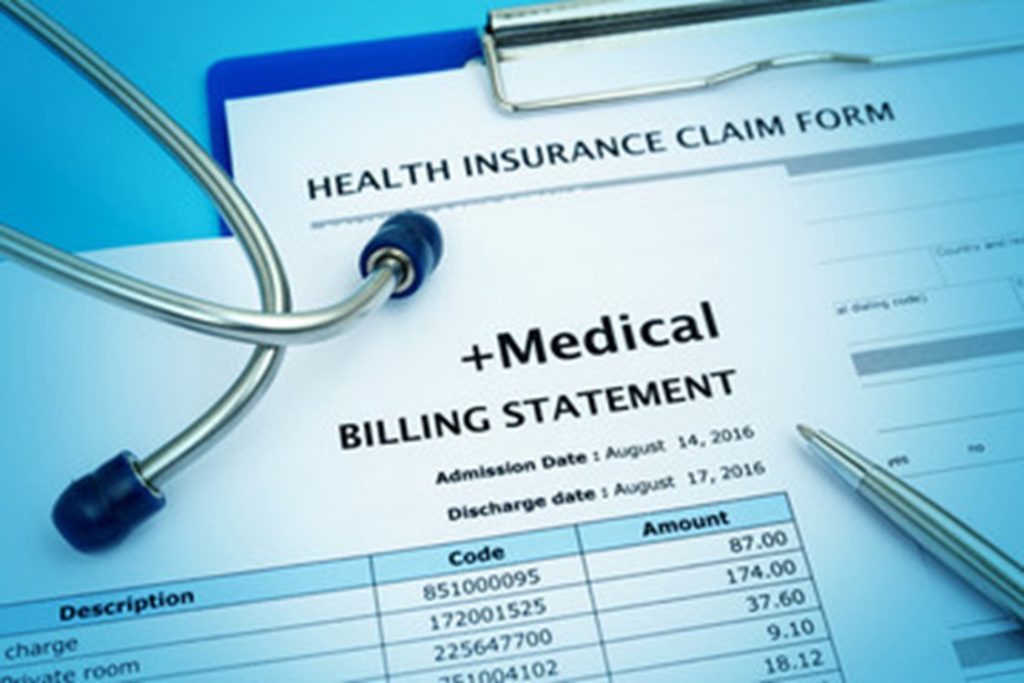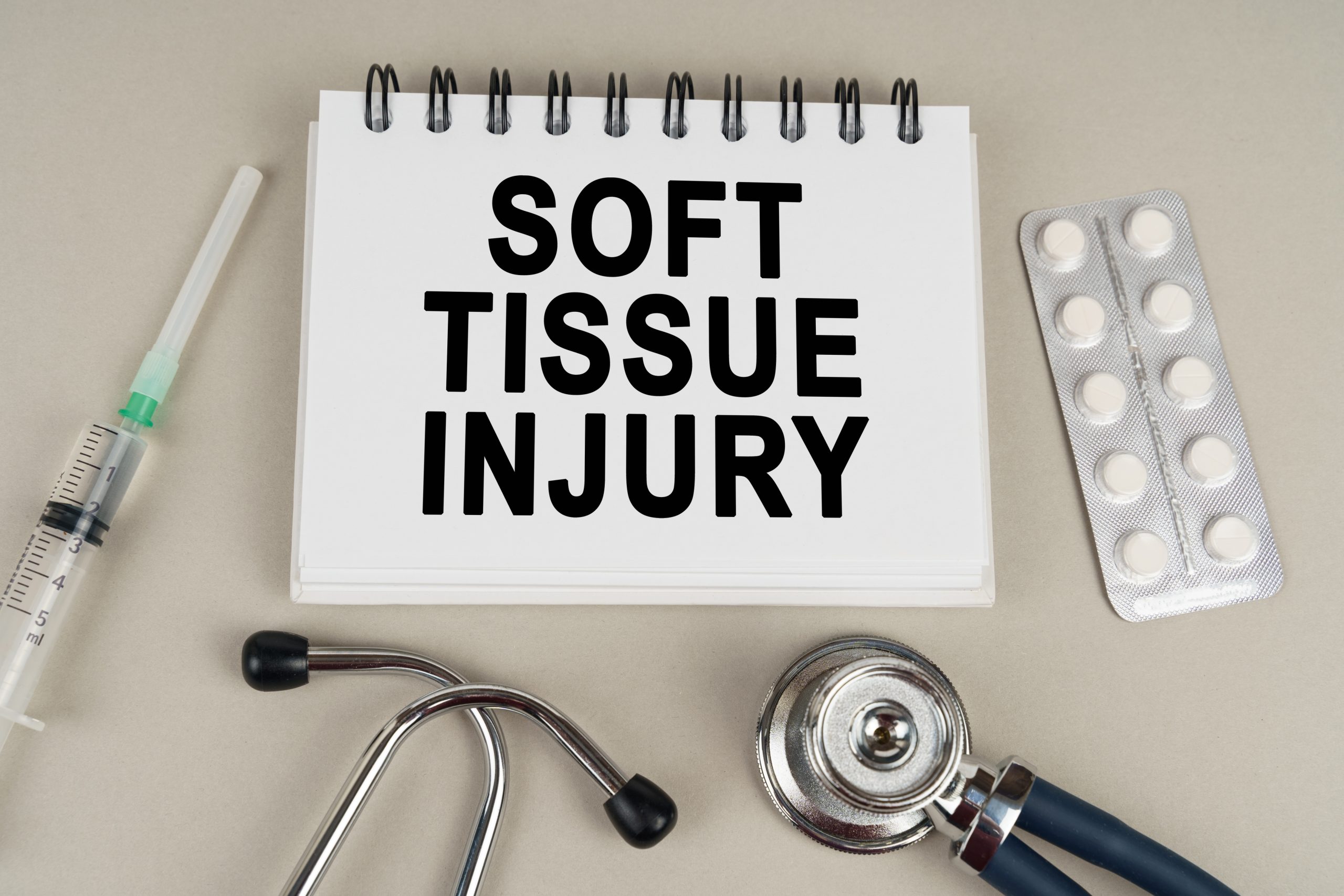Injuries happen all the time. Whether it be at work, at home, or in a vehicle, millions of people suffer bodily injuries each year.
Many of these injuries are due to the negligence of another person, or company. Tens of thousands of personal injury cases are filed each year in the hopes to retrieve compensation to help with the injuries of the harmed party. Therefore, presenting proper medical evidence is paramount to the success of a personal injury case.
Here is everything you need to know about the importance of medical evidence in a personal injury lawsuit:

What is a Personal Injury Case?
A personal injury case is a lawsuit that is filed by someone who was injured due to the negligence of another person or entity. This civil action is aimed to get compensation to cover the accident victim’s injuries. If punitive damages are available to be pursued, those damages are intended to punish the wrongdoer for their actions or inactions.
The plaintiff typically files a personal injury case to pursue compensation for:
- Pain and suffering
- Medical expenses
- Future medical expenses
- Loss of wages
- Future potential loss of wages
- Wrongful death
- And more
In order to successfully win a personal injury case, the injured party must prove that the defendant proximately caused the accident and are liable for the plaintiff’s harms and losses. The court will then determine the amount of damages to award.
Types of Personal Injury Cases
Many types of personal injury cases exist. They all have one thing in common: someone got injured because of another person’s wrongdoing.
The most common kinds of personal injury lawsuits include:
- Defamation
- Dog bites
- Car accidents
- Motorcycle accidents
- Product liability
- Medical malpractice
- Workers’ compensation
- Slip and falls
- Wrongful death
- And more
The nature of your specific case will determine the kind of personal injury lawsuit that you will file. For example, if you were bitten by a dog, you would file a personal injury lawsuit against the dog’s owner.

What is Medical Evidence in a Personal Injury Case?
Medical evidence is incredibly important in a personal injury case. These factors determine the liability of the other party in addition to how much they may owe based on your injuries.
Medical evidence can determine not only the damages, but the future potential compensation you may receive for a specific timeframe—including for the rest of your life—for ongoing medical needs. This form of evidence is typically showcased in the form of records from the medical center, hospital, rehabilitation center, or other medical facility where you received treatment.
Importance of Medical Evidence in PI Lawsuits
Medical evidence plays a key role in personal injury claims. Providing medical records will show the cost of each treatment received. Whether it be an emergency visit or your being admitted to the hospital, these records can significantly impact the outcome of a personal injury case.

Where does medical evidence play a role?
The plaintiff bears the burden of proof in a civil case. They must show, by a preponderance of the evidence, that the defendant’s negligent actions, or inactions, were the proximate cause of the plaintiff’s harms and losses. Medical records can be used to directly link the injuries to the person or entity accused of the negligent conduct.
Differing from criminal cases where the plaintiff must prove a lawsuit beyond all reasonable doubt, civil cases allow for the plaintiff to provide evidence that the claim is more than 50% likely to be factual and true (as mentioned, this is known as the “preponderance of the evidence” standard). Medical evidence can support these claims.
What kind of medical evidence is the court looking for?
The type of medical evidence is used in two ways: to prove damages and causation. This medical documentation may even include the testimony of the medical practitioner or other medical worker that was involved in the plaintiff’s treatment.
Further medical evidence can include but is not limited to:
- CT scans
- X-rays
- Medical notes
- Diagnostics
- Surgery transcription
- Medical devices
- Medicinal treatment
- And more

Causation
Medical evidence shows the causation of the injury from a specific accident. It can be obvious causation or require more in-depth effort to show the link between the plaintiff and the defendant. It is defined as the relationship between an action and the result of that action.
For example, if a person is bitten by a dog, and has never received an injury before, they can show that the nerve damage and broken bones are a direct result of the incident. The medical evidence will prove this as true and subsequently hold the dog owner accountable for the injuries.
Damages
Medical evidence is vital to assess the amount of damages that the plaintiff will receive at the conclusion of the case. It also provides the level of pain and suffering the victim endured from the injuries.
In the event of a settlement outside of court, insurance agents and adjusters will also use medical evidence to consider the medical care, the kind of medical intervention, and the overall costs of all medical inclusions. These documents help the adjusters determine the appropriate damages for the specific case.

Bottom Line
If you are injured in an accident, you must first seek medical treatment. It is imperative to ensure your health and wellbeing. After you receive your medical treatment, be sure to garner the appropriate medical documents when you are ready to file a personal injury lawsuit against the negligent party, or parties.
Medical evidence is paramount in winning a personal injury case as the injured party bears the burden of proof. These documents will help plead your case and directly link the guilty party to your injuries and show that they are legally liable. Medical evidence is the best way to assess the amount of damages you will receive based on the nature of your injuries and your pain and suffering after the accident.



